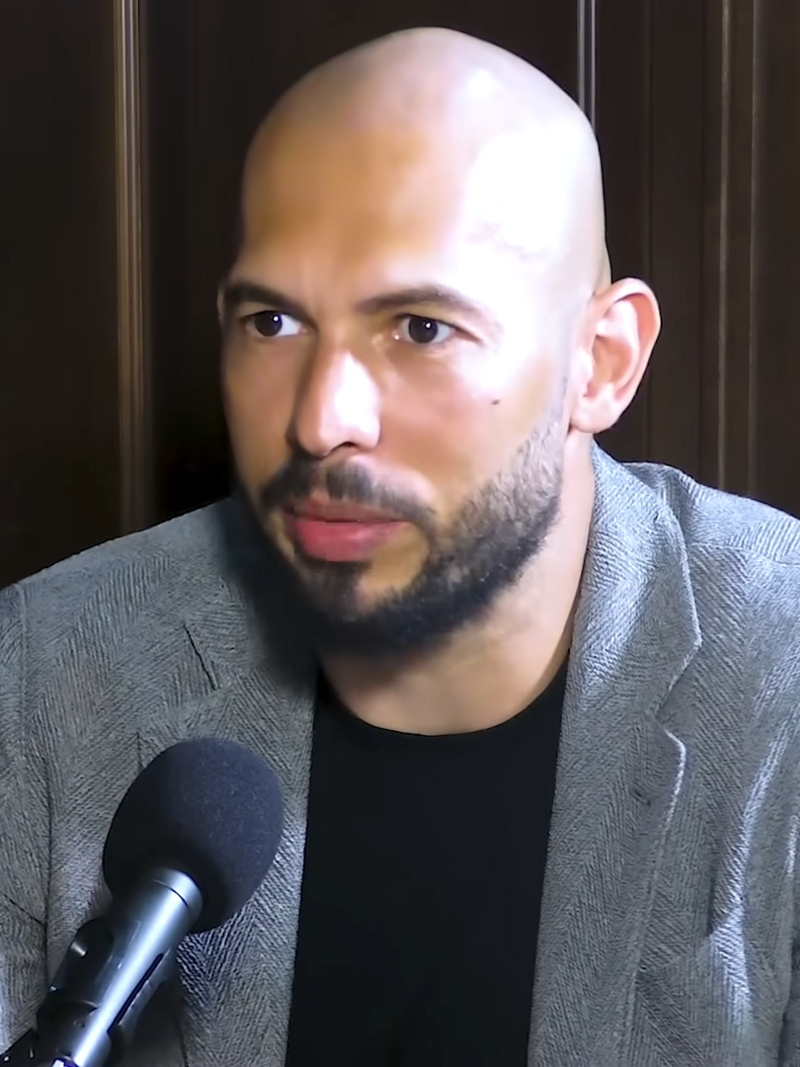
Introduction
Andrew Tate, a prominent figure in social media and kickboxing, has become a focal point of discussion and controversy in recent years. His outspoken nature and polarizing views on various topics have garnered both significant support and criticism across the globe. Understanding his impact on the internet culture and social discourse is essential, especially as he continues to shape conversations around masculinity, success, and freedom of speech.
Background
Tate first gained fame as a professional kickboxer, winning multiple world championships. However, his notoriety skyrocketed after his participation in the reality show “Big Brother UK” in 2016, where he was removed due to his controversial statements on social media. This incident marked the beginning of his shift from sports to a more expansive media presence.
Controversial Views
In recent years, Andrew Tate has been known for his provocative remarks regarding gender roles, personal finance, and success. He champions a lifestyle centered around entrepreneurship, luxury, and self-determination, often communicating these messages through social media platforms like Twitter and Instagram. However, his views on women and relationships have sparked outrage among many, leading to platform bans and widespread backlash. For instance, in 2022, various social media platforms banned Tate due to violations of their guidelines surrounding hate speech and misogyny.
Legal Troubles
Tate’s controversies escalated in 2023 when he faced legal issues in Romania, where he resides. Reports indicated a police investigation over allegations of human trafficking and rape. These developments have attracted significant media attention and further divided public opinion. As the legal proceedings unfold, it raises questions about the implications of celebrity influence on societal norms and the responsibilities of public figures in their discourse.
Conclusion
The saga of Andrew Tate exemplifies the complex interplay between social media influence and the evolving conversations about gender and success in contemporary society. His polarizing presence continues to ignite debates, challenging societal norms while also revealing the vulnerabilities of influencer culture. As the legal inquiries progress, it will be crucial for society to reflect on the messages that resonate within creator-audience dynamics and the broader implications of those messages on culture and values.



